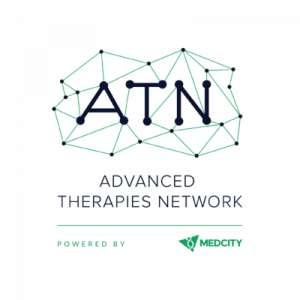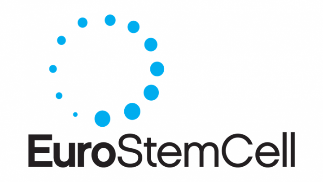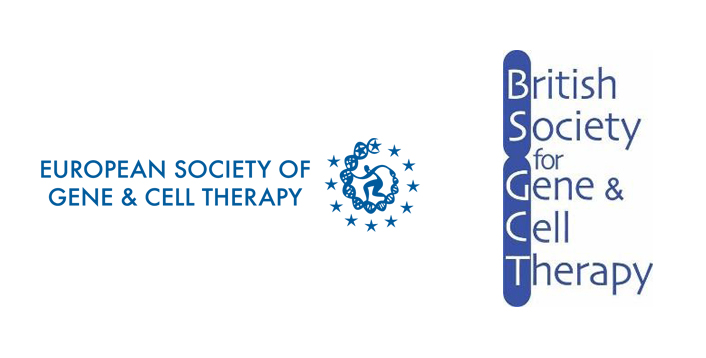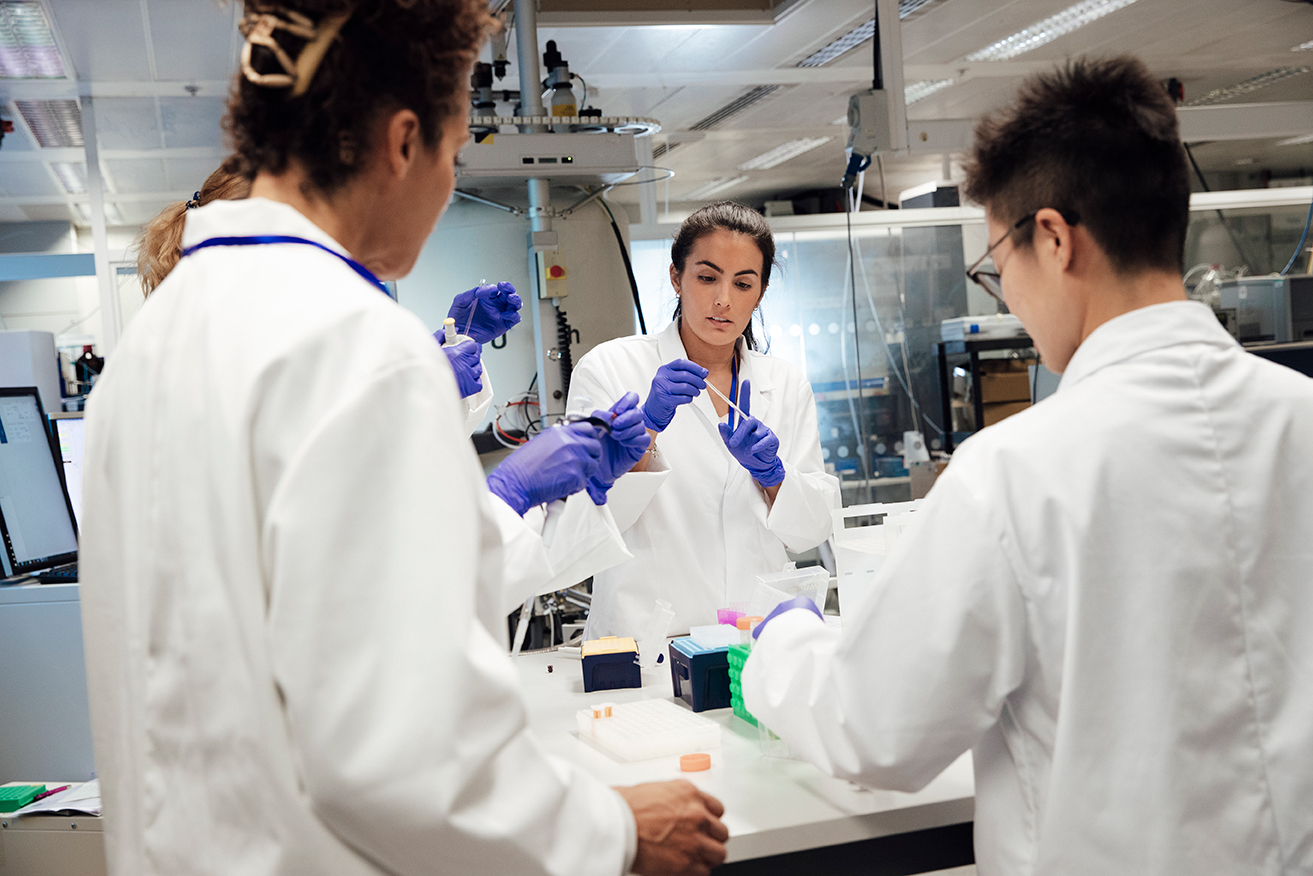Networking & Coordination
As Scotland expands its capabilities in Advanced (cell and gene) therapies and vaccines, it becomes more important for activity to be connected and coordinated, knowledge to be shared and profile to be raised both nationally and internationally. Examples are given below of the leadership, influence and representation demonstrated by Scottish scientists ensuring optimal collaboration and partnerships across academic, clinical and commercial landscapes.

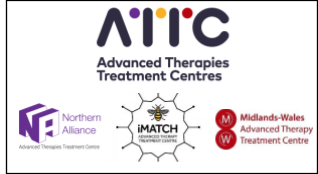 Glasgow and Edinburgh are part of the Northern Alliance – one of the Advanced Therapy Treatment Centres (ATTC) network. This programme, a world-first, is a UK system of ATTCs operating within the NHS framework and coordinated by the Cell and Gene Therapy Catapult (CGT Catapult) to address the unique and complex challenges of bringing pioneering advanced therapy medicinal products (ATMPs) to patients. The ATTCs are working together with industry partners and the public sector to develop the necessary processes, skilled staff and infrastructure at scale as more treatments move from clinical trial to marketed products.
Glasgow and Edinburgh are part of the Northern Alliance – one of the Advanced Therapy Treatment Centres (ATTC) network. This programme, a world-first, is a UK system of ATTCs operating within the NHS framework and coordinated by the Cell and Gene Therapy Catapult (CGT Catapult) to address the unique and complex challenges of bringing pioneering advanced therapy medicinal products (ATMPs) to patients. The ATTCs are working together with industry partners and the public sector to develop the necessary processes, skilled staff and infrastructure at scale as more treatments move from clinical trial to marketed products.